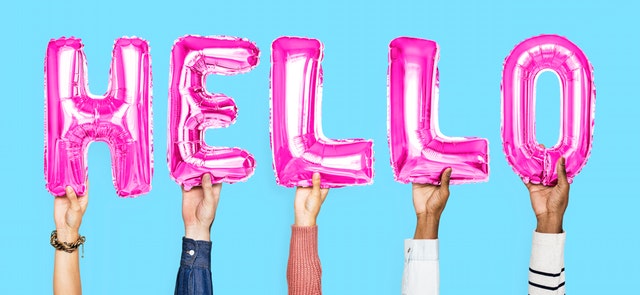August 15th, 2019 ›
HopeArts
The community at HopeArts, this coming school calendar year, will be focusing its efforts and energies on fostering deeper community. The Arts Hope Group will meet twice a month, on the 1st and 3rd Saturdays of the month (exact location TBD; but likely someone’s home). The meeting will begin at 6:30 P.M., will be potluck style, no childcare is provided but children are welcomed. The first meeting will be Saturday, September 7th.
And as several previous posts have brought up, we will be exploring the Hope Chapel Mission Statement, and what that looks like for us as artists, and as a community of artists. Likewise, we will be exploring these topics relative to (and in concert with) our continuing study of Madeleine L’Engle’s “Walking on Water”.
The Studio Art Group and Open Creation Time will recommence with Hope’s Family Night on Wednesday, September 11th, at 6:30 P.M. in the studio at Hope Chapel. Childcare is provided through Hope Chapel.
Our first Gallery Opening of the school calendar year will occur Thursday, September 26th, from 7:00-9:00 pm, in the Hope Chapel Sanctuary (no childcare provided). This catered gallery reception hosts the work of artist Donnie Boyd, of Prayer Collective Ministries. Boyd’s photographic work (which focuses entirely on the homeless and disenfranchised of Georgetown) is married to the effort of living out the hope of the Gospel message, and in so doing, demonstrates the call to rise up and make the sacrifice required to meet the spiritual and practical needs of those within the community. The reception will feature an immersive installation component, and musical performance, along with a brief Q&A session with the artist. Contact Kevin Daniel with questions.
Now for our weekly arts discussion…
As has been mentioned above and in previous posts, we are exploring the Hope Chapel Mission Statement, and what that looks like for us as artists, and as a community of artists.
I find that this morning, in contemplating that statement, I am revisiting the perennial question: “Just what does it mean to be an Arts Community, and how do we have community / a community as artists”. It is most certain to me that I have only the vaguest notion of “community,” and for every notion of “community” available there is a host of correlative ethnic, socio-economic, and historical contextualization factors to consider — begging the further questions of if one notion is sufficient for all, or how does one communicate any notion of community effectively to all potential hearers.
For an old Philosophy Major like myself those questions are fun. More to the point, those questions are essential, no matter how uninteresting they are to others, or how unproductive to still others with the project of actually forming community. But there’s the rub, so to speak: you can’t form that for which you have no vision, and to have a vision for something you have to understand that the host of correlative contextualization factors are always at play.
If I were to get up on my soapbox (on this issue) I would likely launch into some rambling polemic about the stain of Jamesian Pragmatism throughout our Gen “X” (and older) thought processes, and about the pollution of Millenial (and younger) thought processes of hyper-Objectivism and Post-Post Modern (post)Ethicalism; I would launch into how, in too task-oriented fashion, pursue the project, utterly forgetting the Humanity such a community is built around (or simply reduce the Humanity to its psychological management). I doubt you would listen to it, if you’re even listening still.
I think I am just going to put it to you, the community: how do we form a community? What elements must absolutely exist for community to cohere and to grow together? How do we, in at least 2 meetings a month lasting 2-2 ½ hours apiece form community itself, between us? Now, and this is an aside, but, can such be formed if you don’t answer the question(s), if at least only to yourself, and potentially for others to read/hear — relationships don’t work if any existing expectations aren’t voiced.
